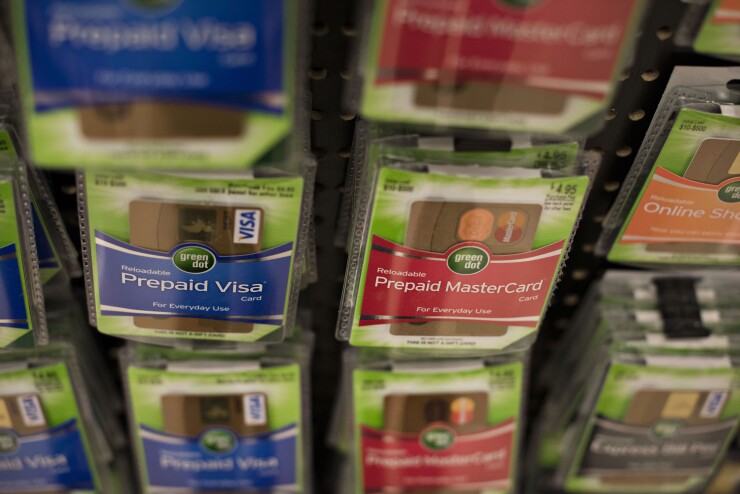
It's time to modernize the
Unfamiliar with it? You're not alone. Many are unaware that this unnecessarily complex and
The prepaid rule holds the distinction of being one of the first CFPB rulemakings not mandated by the
In hindsight, Director Cordray significantly underestimated the role these products would play in Americans' financial lives. Mobile wallets, peer-to-peer, or P2P, payment platforms and prepaid accounts have become mainstream. Whether sending money to a friend, splitting a restaurant bill or receiving a government benefit, the chances are good that one of the tools falling under the rule's definition facilitated the transaction.
Director Cordray lacked the foresight to anticipate the widespread adoption of mobile and online banking, or that, in his words, these "nefarious" products might become essential tools during a global pandemic, or even serve as an
This brings us to today. While I won't tire you with a comprehensive list of recommended improvements to the rule, I will highlight two key areas where the CFPB can streamline the regulation without compromising consumer protection: disclosures and access to credit.
The CFPB's new leadership should modernize and streamline prepaid's required disclosures by simply allowing payments companies to provide the terms and conditions like other traditional payment products. The prepaid rule uniquely mandates that prepaid account providers deliver three similar, yet distinct, disclosures to customers: a short form, a long form, and terms and conditions, the last of which contains all the fees included in the long-form disclosure. These disclosures often overlap and are unnecessarily duplicative. Notably, CFPB's own research indicated that consumers found these disclosures confusing. Despite this, CFPB proceeded with the requirement.
Prepaid cards are finding new use cases in the hospitality industry, where tip disbursements have traditionally been cumbersome.
The CFPB should update its rules to subject prepaid accounts to the same requirements for overdraft services that apply to traditional debit account products. The prepaid rule unnecessarily restricts prepaid users' access to credit, even though prepaid accounts are uniquely positioned to offer short-term lending to consumers who need it most. Despite this critical need for credit services, the current regulations prevent providers from offering millions of Americans — including vulnerable populations like low- to moderate-income individuals, seniors and service members — responsible, low-cost credit services and features. This forces these consumers to turn to more expensive and less convenient alternatives, such as payday loans.
Americans from all walks of life who rely on prepaid accounts as their primary personal banking tool are being denied easy access to features and functions readily available to users of similar accounts, such as traditional checking accounts. There is no compelling reason to treat functionally identical payment products differently simply because one is digital or is offered through an alternative distribution channel. Such a distinction lacks logical basis.
I am not alone in raising these concerns. PayPal has been
The heavy-handed approach adopted by Director Cordray's CFPB in regulating prepaid accounts and services continues to raise significant concerns. It has unfairly stigmatized products that helped millions of Americans navigate a pandemic and continues to assist them in managing their personal finances.
I urge the CFPB to acknowledge that significant portions of its 1,700-page rule are outdated and warrant a thorough review. At a minimum, the CFPB should replace the current disclosure regime with the same regulations that apply to all other deposit account products on the market today: Regulation E.





